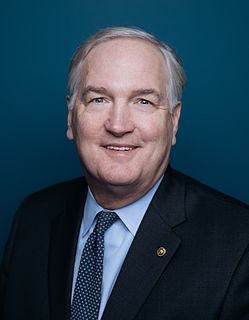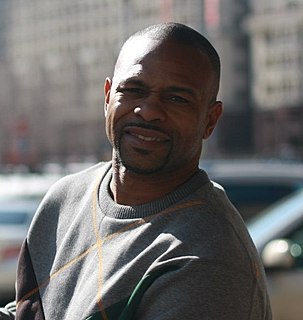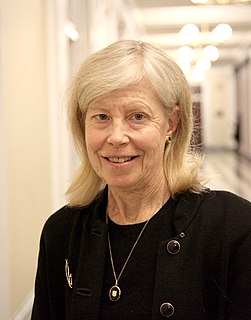A Quote by Shirley Chung
I really enjoyed judges critiques because I can always grow and improve from that. I don't think any of the judges are intimidating.
Related Quotes
I think the judging process is full of integrity, compared to some other prizes around the world. The fact that they change the panel of judges every year keeps it from becoming corrupt. I think it's very difficult if you've got judges for life; obviously relationships are cultivated between judges and authors, and publishing houses.
It is left... to the juries, if they think the permanent judges are under any bias whatever in any cause, to take on themselves to judge the law as well as the fact. They never exercise this power but when they suspect partiality in the judges; and by the exercise of this power they have been the firmest bulwarks of English liberty.
Diversity on the bench is critical. As practitioners, you need judges who 'get it!' We need judges who understand what discrimination feels like. We need judges who understand what inequality feels like. We need judges who understand the subtleties of unfair treatment and who are willing to call it out when they see it!
No doubt, there are those who believe that judges - and particularly dissenting judges - write to hear themselves say, as it were, 'I, I, I.' And no doubt, there are also those who believe that judges are, like Joan Didion, primarily engaged in the writing of fiction. I cannot agree with either of those propositions.
There's a sorry history of these kinds of charges of bias being leveled at women and judges of color, and also gay and lesbian judges. The theory being that they're going to be incapable of a disinterested judgment on matters that involve their own identity groups. And it came up famously for Constance Baker Motley who was one of the first African American federal judges in a case involving sex discrimination.
































